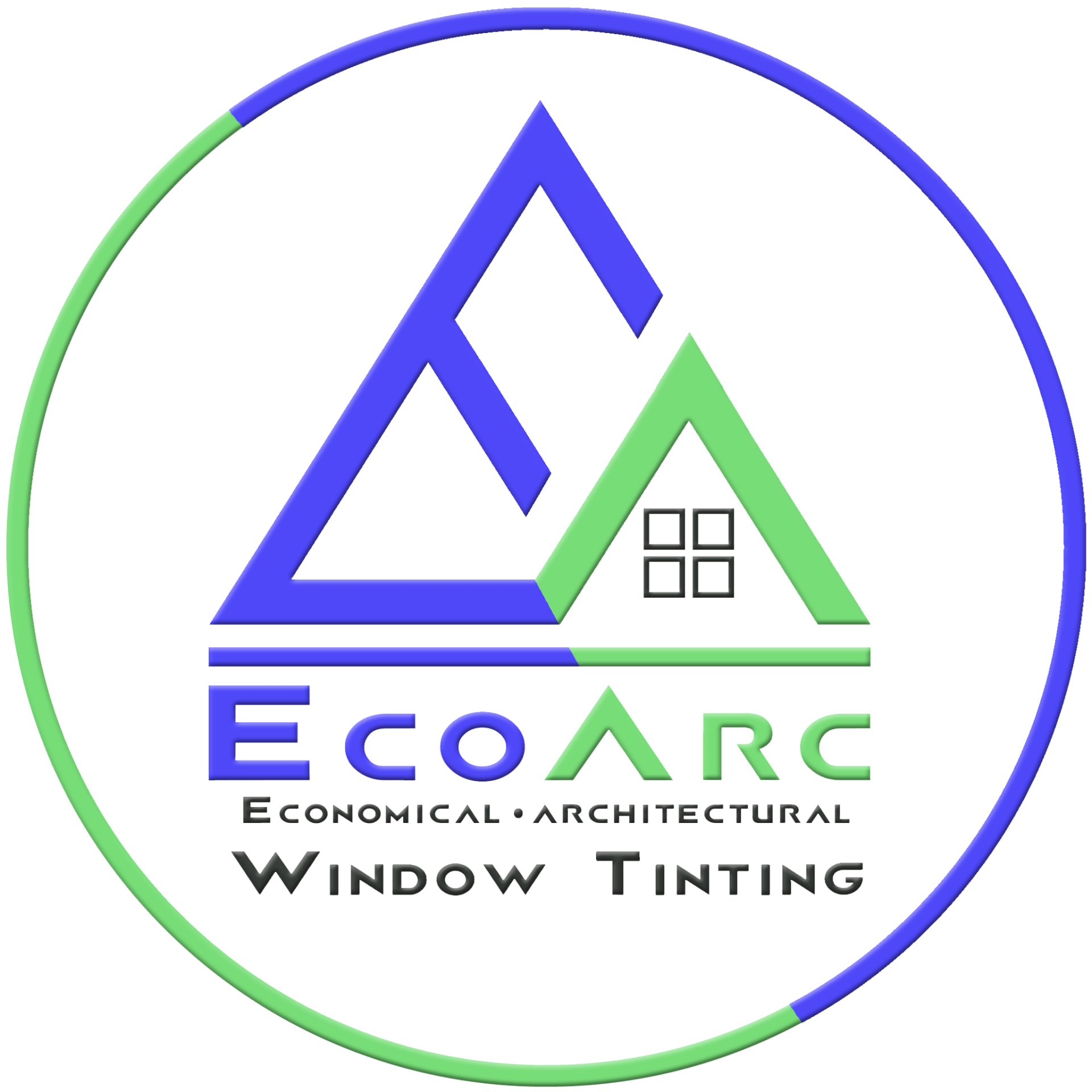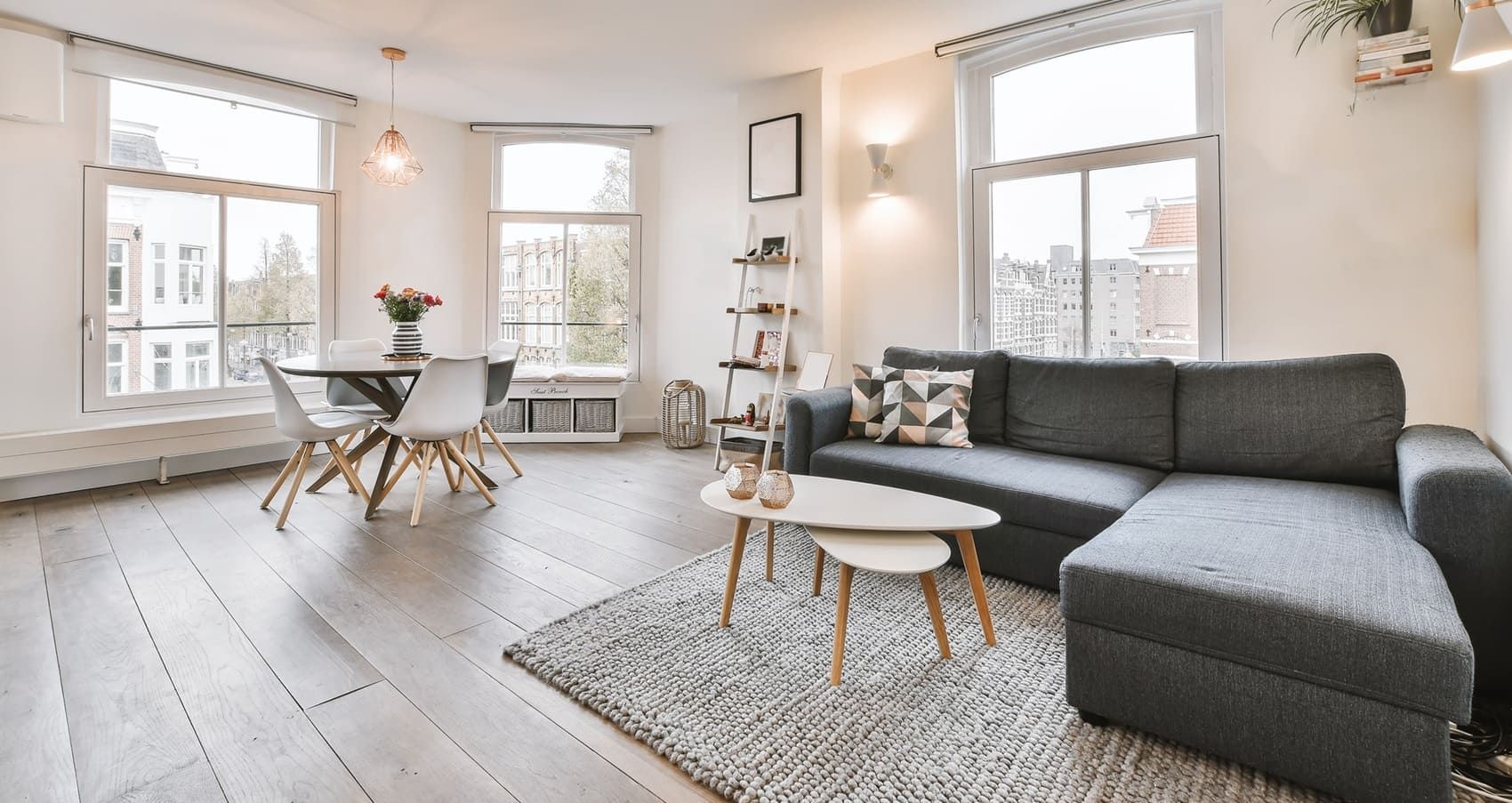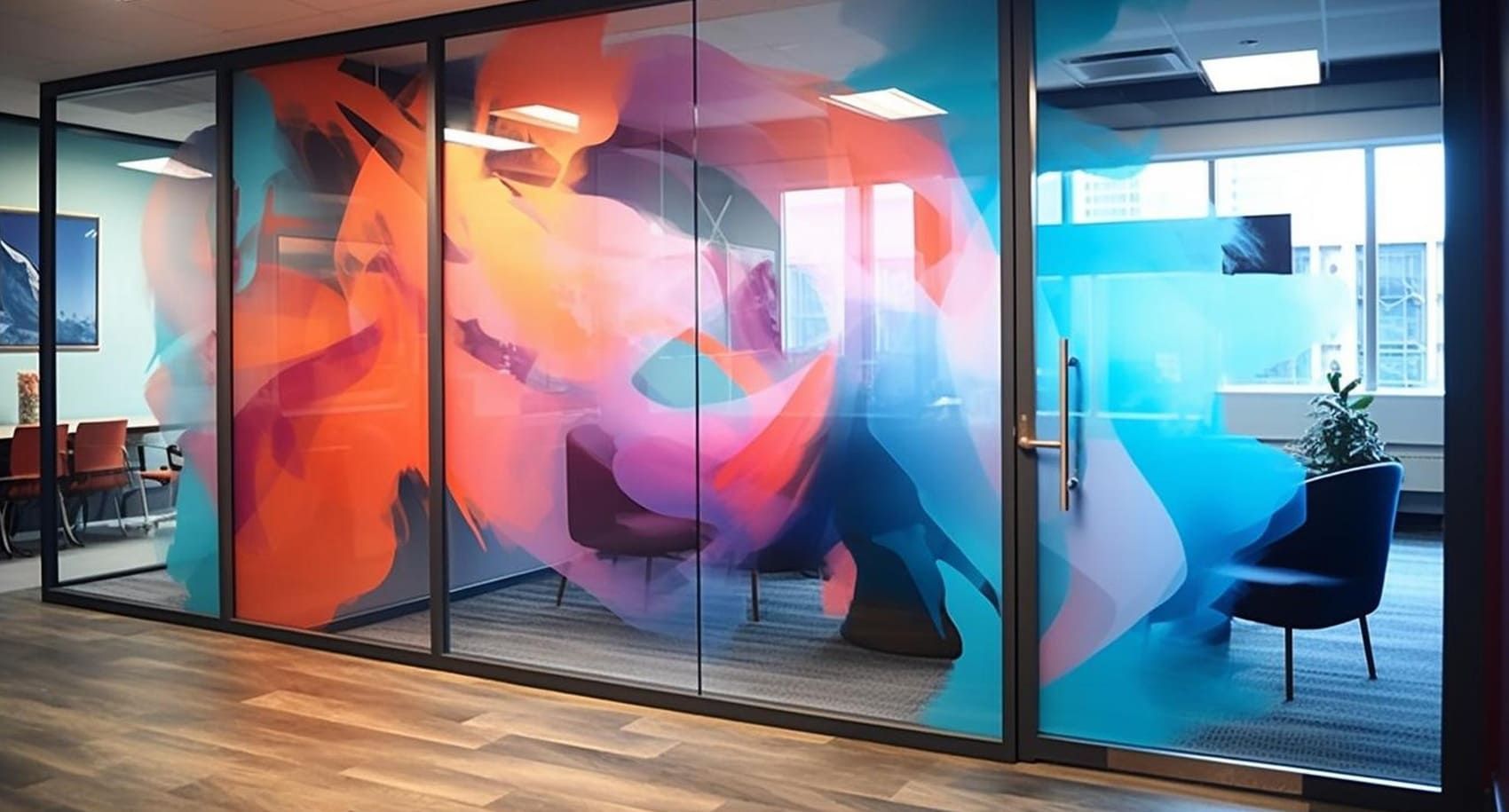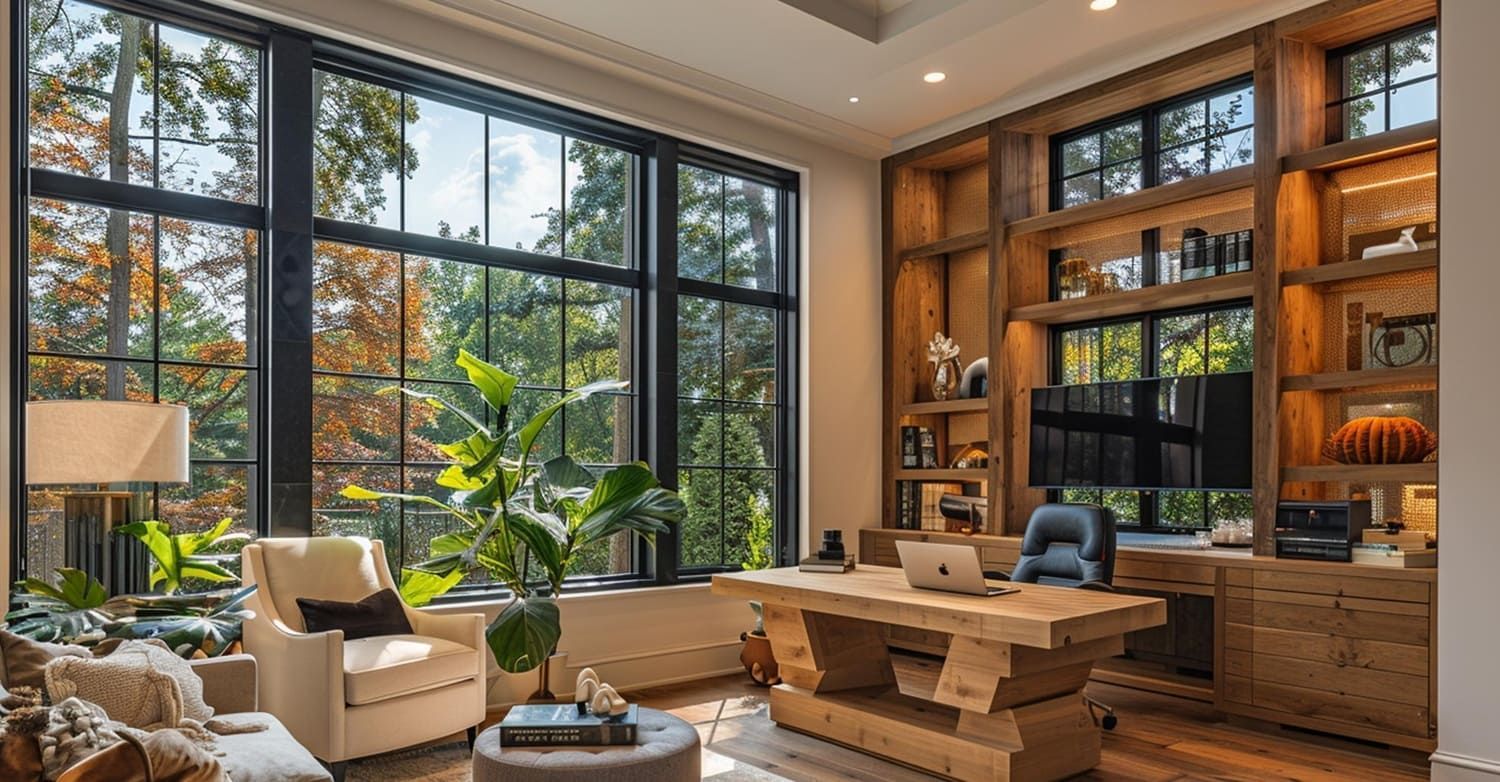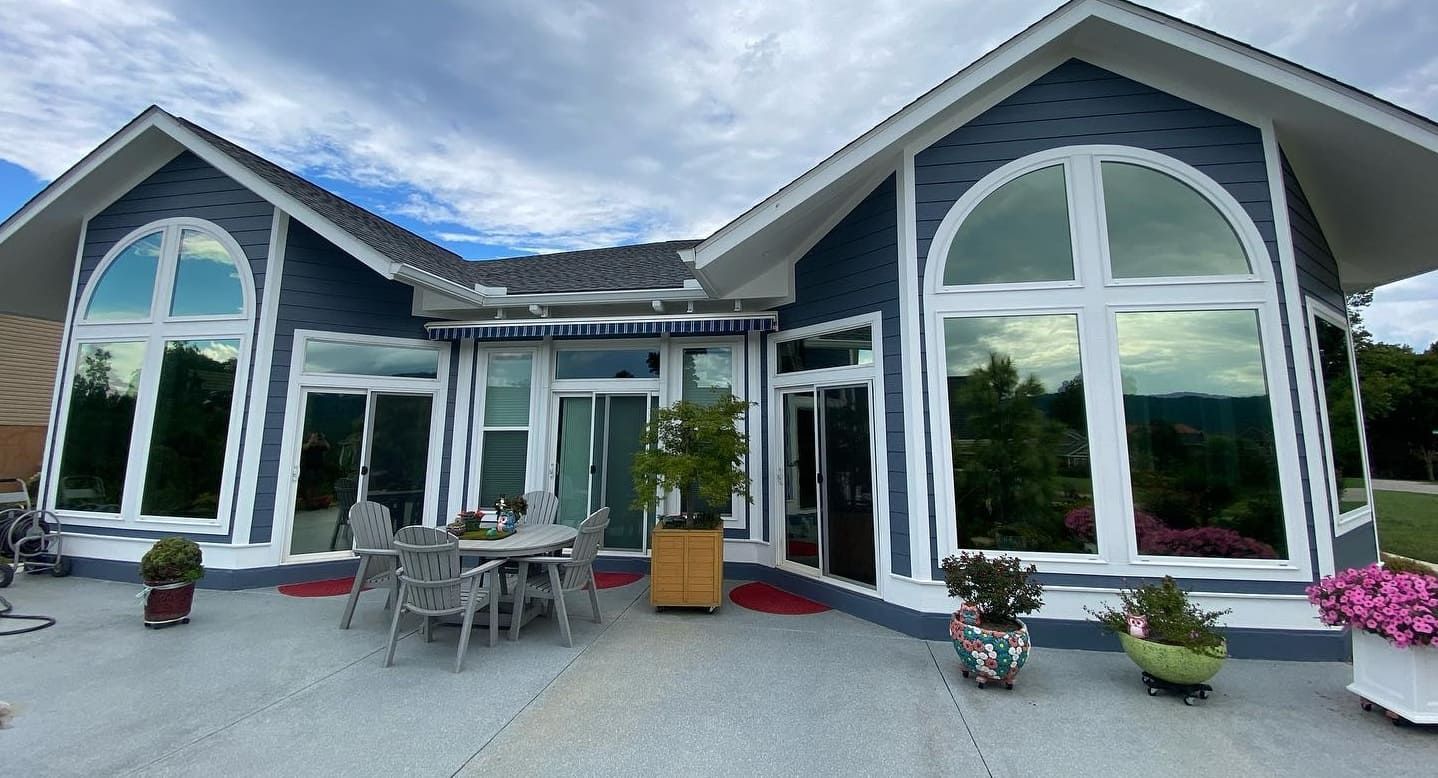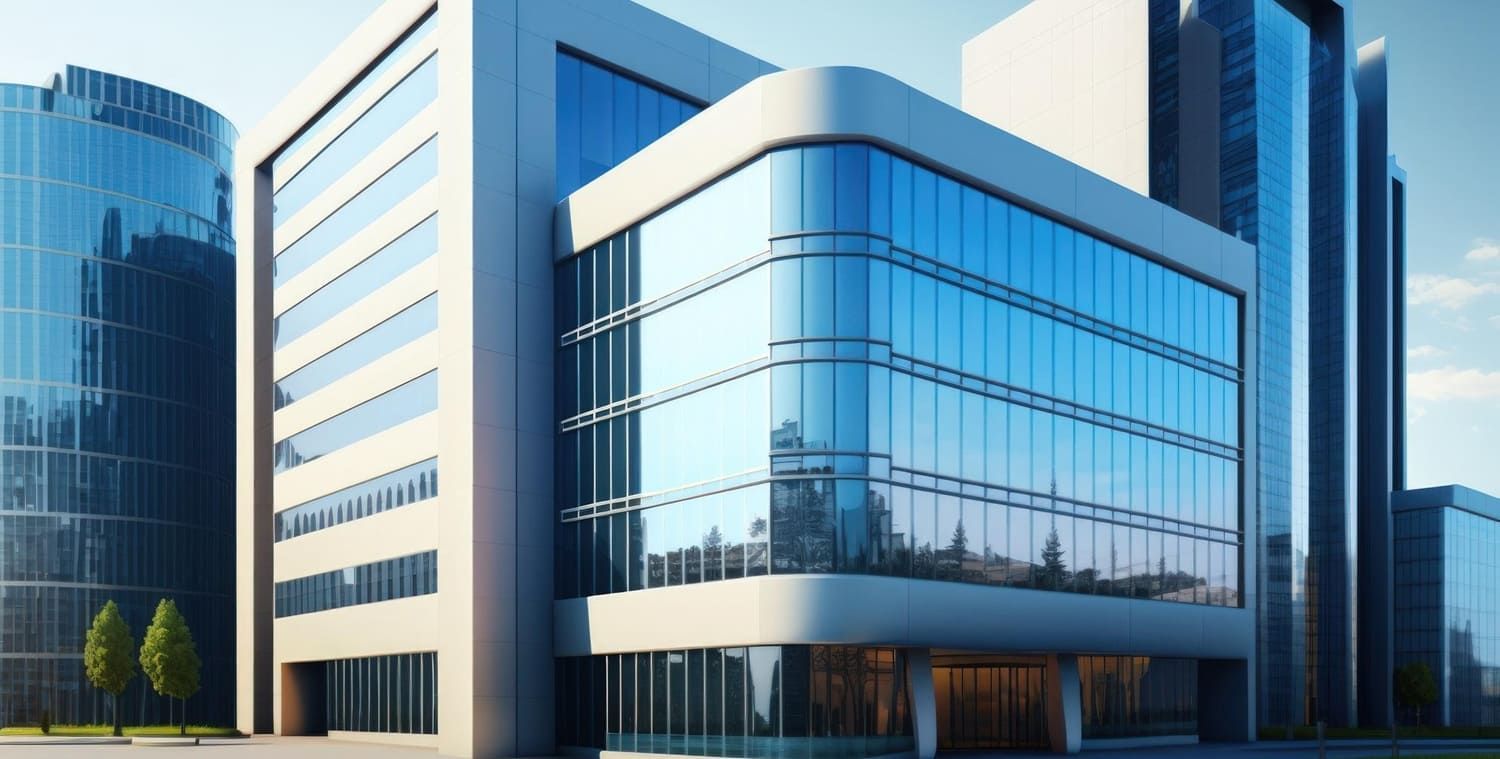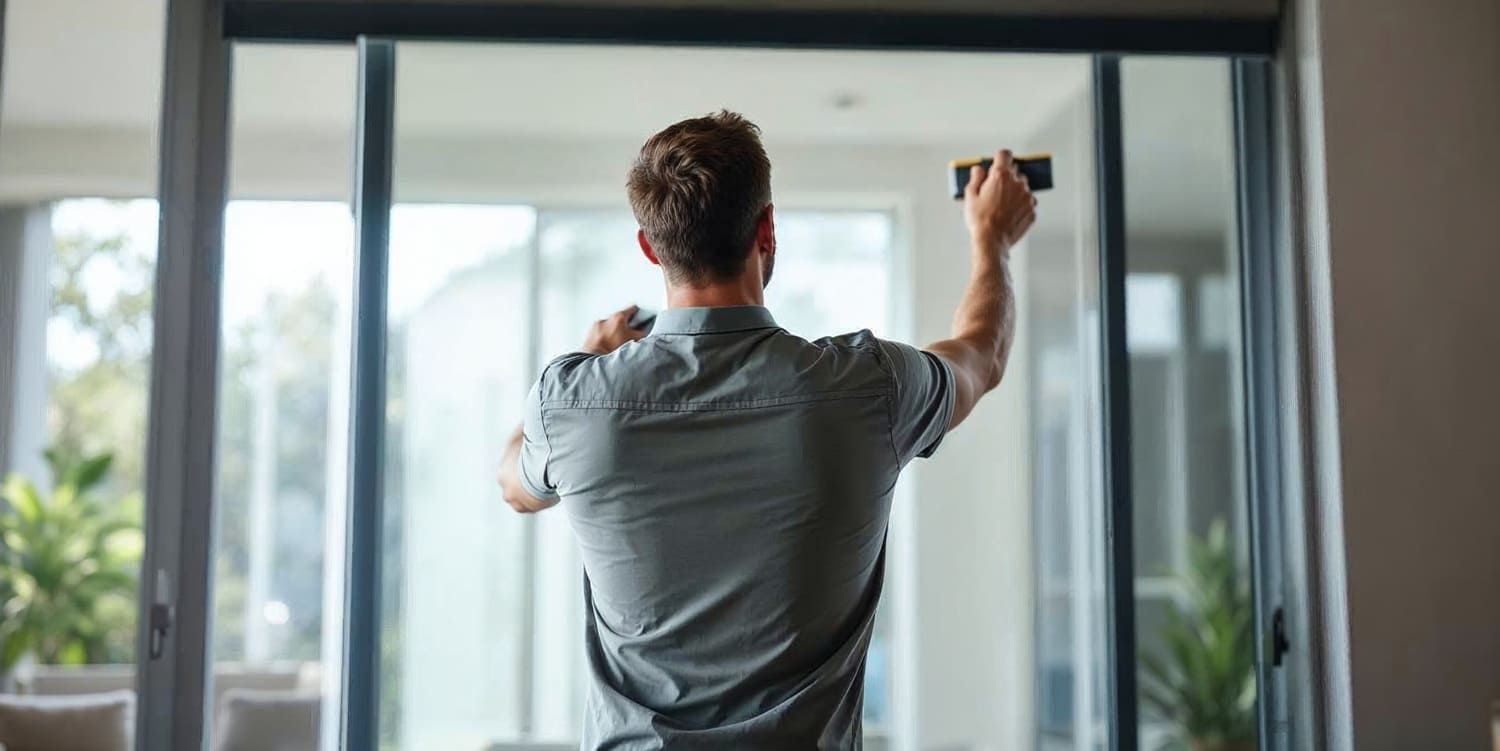Your Guide to Top Solar Window Films for Sunny Climates
Imagine slashing indoor temperatures by up to 15°F, cutting cooling expenses by a significant 20–30%, and creating an impenetrable shield against 99% of damaging UV rays. That’s the power of the right solar window film, transforming any building into a cooler, more energy-efficient haven, especially in sun-drenched regions. This guide is your roadmap to understanding precisely what solar window films are, how they work their magic, and why they’re an absolute game-changer for homeowners and businesses across Western North Carolina, East Tennessee, and Upstate South Carolina. We’ll dive deep into the standout benefits, explore cutting-edge film technologies, guide you through smart selection, highlight the undeniable advantages of professional installation, and even share real-world success stories. Plus, discover how EcoArc Films makes it effortless to get a complimentary estimate for top-tier installation services.
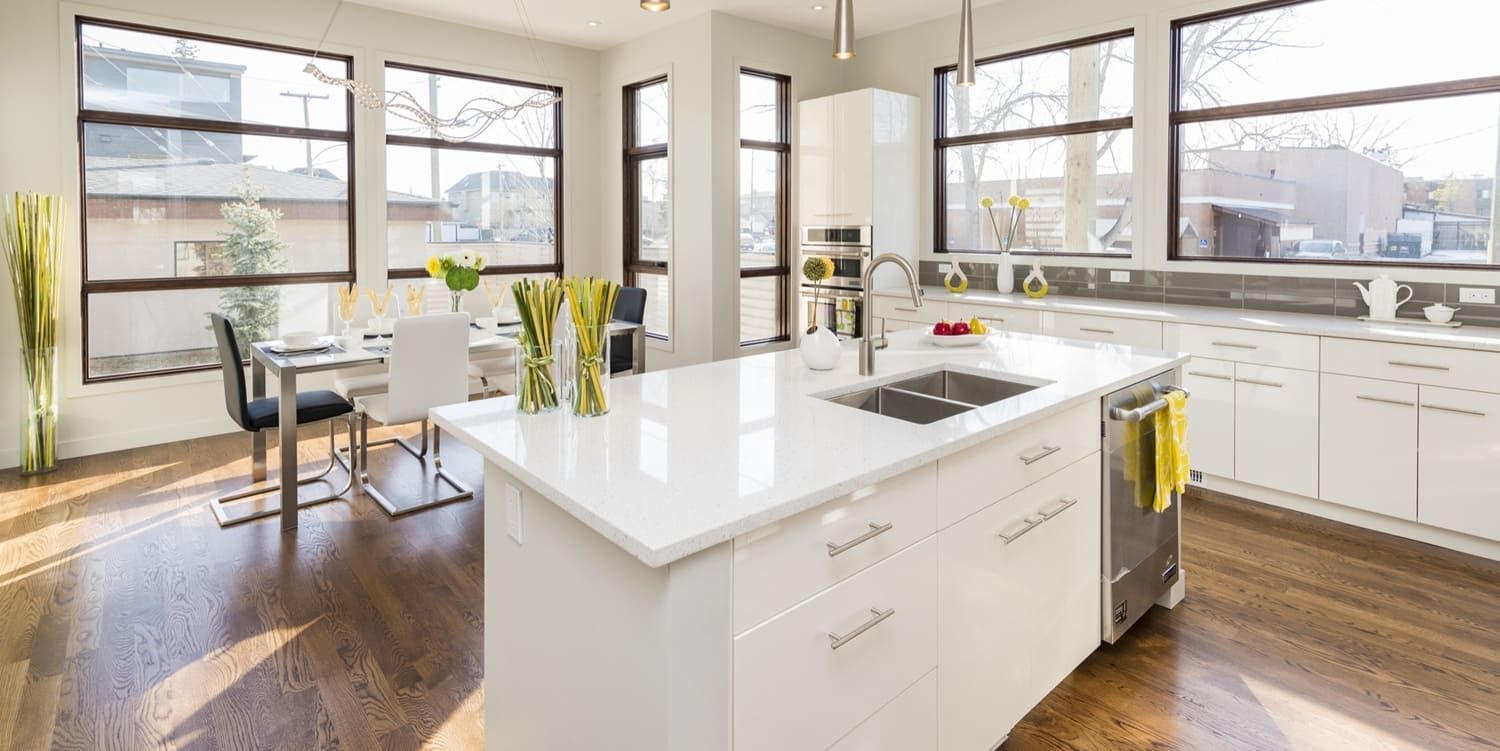
Unveiling Solar Window Films: Your Shield Against the Heat
Think of solar control window film as a sophisticated, multi-layered polyester laminate. Embedded within are microscopic metal or ceramic particles, meticulously engineered to filter out harsh infrared heat, harmful ultraviolet radiation, and distracting visible glare. By effectively rejecting up to 70% of the sun’s total energy, these films keep interiors refreshingly cool, prevent sun-induced damage, and maintain crystal-clear exterior views – all without the need for cumbersome blinds or shades.
What Exactly Is Solar Control Window Film?
At its core, solar control window film is a remarkably thin, transparent laminate designed to bond seamlessly with your existing glass surfaces. Its mission? To either reflect or absorb solar radiation before it can heat your space. It masterfully intercepts infrared wavelengths – the primary culprits behind heat buildup – while allowing abundant natural light to stream in, enhancing your environment’s comfort and brightness.
How Do Solar Window Films Conquer Heat and Glare?
The secret lies in their ability to block and reflect infrared waves, coupled with their skill in filtering out excess visible light. It’s a dual-action approach to comfort:
- They’re champions at reflecting up to 60–80% of incoming infrared radiation.
- They artfully diffuse direct sunlight, reducing glare by an impressive 50–90%.
- Crucially, they maintain your connection to the outdoors by preserving high visible light transmittance (VLT), keeping your views unobstructed.
By harmonizing superior heat rejection with effective glare control, solar films cultivate a perfectly balanced indoor atmosphere, significantly reducing your reliance on air conditioning and easing eye strain.
The Vital Role of UV Blocking in Protecting Your Interiors
Ultraviolet blocking films act as a vigilant guardian, intercepting up to 99% of harmful UV-A and UV-B rays. This means your cherished furniture, vibrant carpets, treasured artwork, and pristine wall finishes are shielded from the relentless fading that sunlight can cause. Beyond preserving your décor, this advanced UV filtration also offers crucial protection for occupants against skin damage and prevents interior materials from succumbing to premature wear and tear.
Performance of Solar Control Films on Building Glazing: A Literature Review
- A deep dive into solar control films (SCFs) applied to building glazing systems reveals their profound impact. The research confirms that SCFs dramatically reduce indoor solar radiation and illuminance, especially when applied to south-facing windows. These films are instrumental in achieving cooling energy savings, boosting thermal comfort, and mitigating excessive brightness and glare in warmer climates.
- This study powerfully validates our claims about solar window films’ ability to tame heat, conquer glare, and elevate comfort and energy efficiency in hot environments.
Boosting Comfort and Savings: The Energy Efficient Window Film Advantage
Energy-efficient window films elevate your indoor comfort by dramatically reducing solar heat gain and helping to lower indoor humidity levels. By minimizing the workload on your HVAC system, these films can trim your annual cooling expenses by a substantial 15–30%, all while contributing to a more sustainable building footprint, aligning perfectly with ENERGY STAR’s vision for efficient structures.
The synergy between advanced solar control properties and significant energy savings creates an environment that’s not only cooler but also remarkably more cost-effective, especially in regions blessed with abundant sunshine.
The Undeniable Benefits of Solar Window Films in Hot Climates
When summer’s heat intensifies, solar window films emerge as a five-star solution, addressing your core needs for comfort, cost savings, and essential protection for both homes and businesses.
How Much Heat Can Solar Window Films Really Block?
Solar window films are powerhouses at reducing interior heat gain, capable of blocking up to 70% of incoming heat. Their primary mechanism is intercepting infrared radiation before it ever breaches the glass. This remarkable heat rejection capability translates directly into noticeably cooler room temperatures and significantly less stress on your air conditioning units.
Boosting Energy Efficiency and Slashing Cooling Bills with Solar Films
By effectively intercepting solar heat gain, window films significantly lighten the load on your HVAC system, reducing its operational demands and runtime.
- Expect an average annual reduction in cooling bills ranging from 20–30%.
- The potential payback period is impressively short, often between 1–3 years, depending on your specific climate and local energy rates.
These savings aren’t a one-time event; they accumulate year after year, delivering tangible returns on your investment in enhanced comfort and efficiency.
The Powerful Advantages of UV Blocking Window Films
UV blocking window films stand as a formidable barrier, preventing up to 99% of damaging ultraviolet radiation from entering your space.
- They provide essential protection for fabrics and finishes, preventing premature fading.
- They significantly minimize the risk of skin cancer and other UV-related health concerns for occupants.
- They help preserve interior air quality by reducing the effects of photo-oxidation.
This comprehensive UV shielding not only extends the lifespan of your valuable furnishings but also promotes a healthier indoor environment for everyone.
Conquering Glare with Window Film Solutions
Glare reduction films are expertly designed to diffuse harsh sunlight, effectively lowering reflected brightness by up to 90%. The result? A more comfortable and productive environment for working or relaxing, reduced eye strain, and vastly improved screen visibility in offices, conference rooms, and living areas.
Can Solar Window Films Enhance Privacy and Security?
Absolutely. Certain reflective and tinted films offer an added layer of daytime privacy by making it difficult to see into your property from the outside. Furthermore, specialized safety films are engineered to hold shattered glass fragments together, significantly bolstering security against break-ins and mitigating damage from severe weather events.
Taken together, these multifaceted benefits present a complete, robust solution for managing heat, conserving energy, and safeguarding occupants in any hot climate setting.
Choosing Your Champion: The Best Solar Window Films for Hot Climates
The world of solar window films offers a variety of advanced technologies, each tailored to meet specific performance objectives. Here’s a breakdown of the most effective options for tackling the challenges of hot climates:
| Film Type | Heat Rejection | Visible Light Transmittance (VLT) | UV Rejection | Typical Cost |
|---|---|---|---|---|
| Ceramic | Up to 70% infrared | 40–60% | 99% | $$ |
| Spectrally Selective | 65% total solar energy | 35–55% | 98% | $$$ |
| Low-E | Enhances insulation | 30–50% | 95% | $$$ |
| Reflective | 60–80% solar heat | 20–40% | 99% | $$ |
The Superiority of Ceramic Window Film
Ceramic window films harness the power of advanced nano-ceramic particles. These cutting-edge films excel at rejecting infrared heat without causing any interference with your electronic devices. They deliver exceptional thermal performance, maintain remarkable optical clarity, and offer long-term durability, all without imparting a noticeable tint to your windows.
How Spectrally Selective Window Film Works Its Magic
Spectrally selective films are precision-engineered to filter specific infrared and UV wavelengths, the primary sources of heat and fading, while allowing maximum visible light to pass through. This targeted approach allows you to enjoy the benefits of natural daylight while significantly reducing solar heat gain, often more effectively than traditional dyed or metallic films.
The Energy-Saving Prowess of Low-E Window Film
Low-E (low emissivity) films are designed with a subtle yet powerful metallic coating that significantly enhances the insulating capabilities of your existing glass. They work year-round: reflecting interior heat back into your space during cooler months and actively rejecting solar heat during the summer, making them a smart choice for year-round energy efficiency.
Impact of Low-E Window Films on Energy Consumption and CO2 Emissions of an Existing UK Hotel Building
- A detailed study employing sophisticated building modeling and energy simulation software demonstrated the substantial benefits of applying Low-E window films. The research highlighted significant savings in heating, cooling, and overall energy consumption, alongside notable reductions in annual CO2 emissions and total energy expenditures. Notably, cooling consumption savings reached up to 20%.
- This research provides compelling evidence that directly supports our discussion on how Low-E films enhance energy efficiency and deliver significant cost savings.
When Reflective Window Film is Your Privacy Ally
Reflective films feature a distinctive metallic finish that creates a one-way mirror effect during the day. They are particularly well-suited for windows facing south and west, where maximizing daytime privacy and achieving peak heat reflection are paramount. They are an excellent choice for commercial storefronts and rooms that directly face busy streets.
Comparing Film Types: Performance, Aesthetics, and Cost
Ceramic and spectrally selective films stand out for delivering exceptional comfort with minimal impact on color perception. Reflective films offer robust privacy features and excellent value. Low-E films provide enhanced insulation but might slightly reduce visible light transmission. The ideal choice hinges on your specific priorities regarding natural light, heat rejection needs, and your budget.
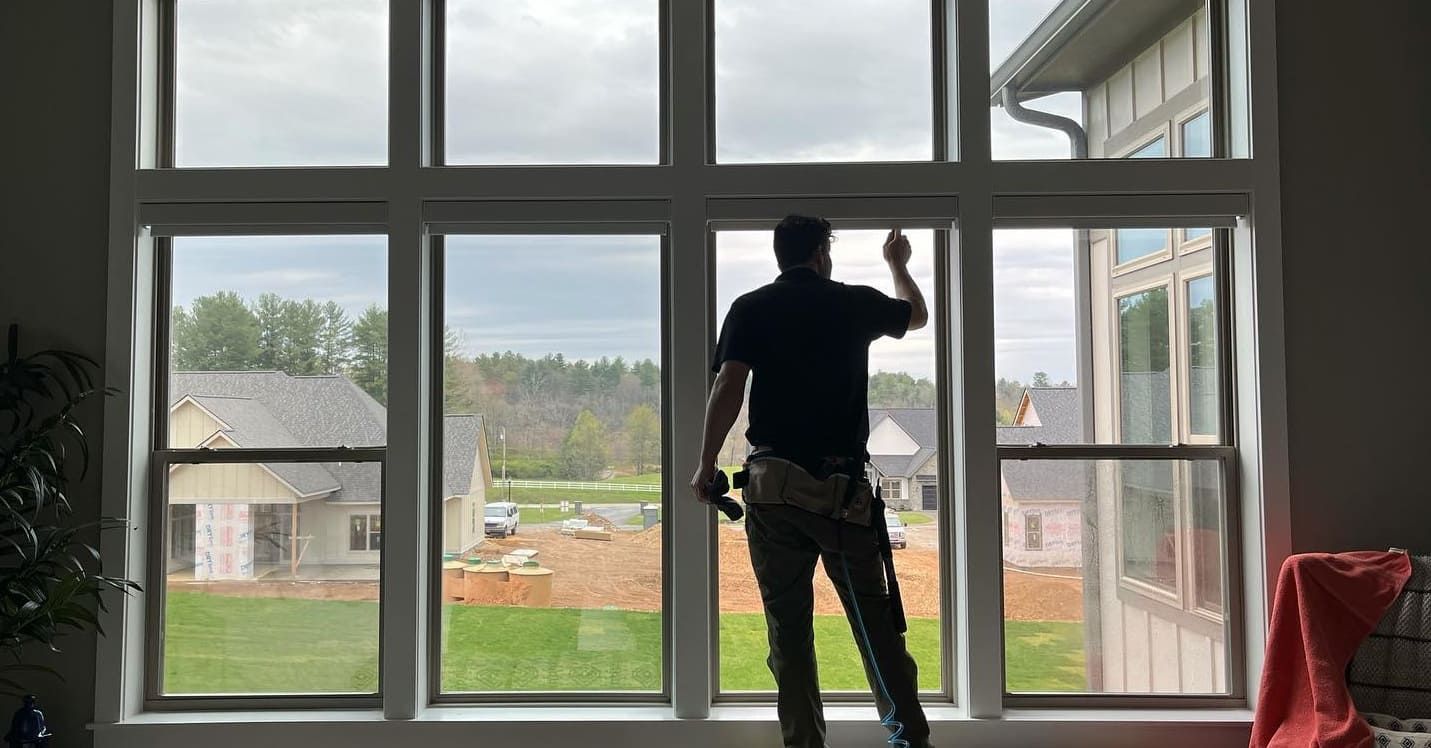
Your Smart Selection Guide: Finding the Perfect Solar Window Film
Choosing the optimal window film involves a thoughtful evaluation of performance metrics, your building’s unique characteristics, and your budget, all aligned with your specific comfort and energy efficiency goals.
Key Factors to Consider When Selecting Window Film
Your decision-making process should center on these crucial criteria:
- Visible Light Transmittance (VLT): Find the sweet spot between maximizing daylight and achieving your desired level of tint.
- Total Solar Energy Rejected (TSER): This is your primary indicator for effective heat reduction.
- UV Rejection Percentage: Ensure maximum protection for your interiors and occupants.
- U-Factor and SHGC: Understand how the film impacts heat transfer and solar heat gain.
- Aesthetic Appeal and Warranty: Consider how the film looks and the peace of mind offered by the manufacturer’s warranty.
Carefully weighing these factors will ensure you select a film that not only meets your performance requirements but also enhances your property’s overall aesthetic.
Residential vs. Commercial Needs: Tailoring Window Tinting Solutions
Residential projects typically prioritize enhanced comfort, personal privacy, and the preservation of home décor, often favoring films with exceptional clarity. Commercial installations, on the other hand, tend to focus on reducing glare to boost occupant productivity, maintaining a uniform building façade, and controlling energy costs, making spectrally selective or reflective films popular choices.
Understanding Typical Residential Window Tinting Costs in Hot Climates
For residential applications, expect installed solar films to range from $6 to $12 per square foot. The final project cost will be influenced by factors such as window dimensions, the specific film type chosen, and the complexity of the installation. Average installations for a single-story home typically fall between $800 and $3,500.
DIY vs. Professional Installation: Making the Right Choice
While DIY kits might seem appealing for upfront cost savings, they carry the risk of imperfections like bubbles, peeling, and potentially voided warranties if not applied flawlessly. Professional services guarantee precise cuts, a flawless finish, and backed warranties, ensuring optimal performance and long-term durability.
Your decision between a DIY approach and expert installation will significantly impact both the film’s effectiveness and its long-term value.
The Undeniable Value of Professional Solar Window Film Installation
Opting for professional installation is the key to unlocking the full potential of your solar window film, safeguarding your investment, and ensuring lasting comfort and significant savings.
The Pitfalls of Improper Window Film Installation
Mistakes during installation, such as incorrect sizing, inadequate surface preparation, or trapping dust and moisture, can lead to unsightly bubbling, premature peeling, and diminished heat rejection capabilities. Furthermore, improper installation often invalidates manufacturer warranties and drastically shortens the product’s effective lifespan.
How Pro Installation Elevates Film Performance and Longevity
Highly trained technicians employ meticulous techniques to ensure perfect film alignment, thorough glass cleaning, and precise edge sealing that prevents moisture intrusion. These professional installation methods guarantee that your film achieves its rated Total Solar Energy Rejected (TSER) performance, maintains pristine optical clarity, and upholds its warranty protection for years to come.
What to Expect During a Professional Installation
- A thorough site assessment and precise measurement of all windows.
- Meticulous preparation and cleaning of all glass surfaces.
- Custom cutting of the film and careful wet application.
- Expert squeegeeing to eliminate any air pockets or moisture.
- Precise edge trimming and a final, detailed inspection.
This systematic, professional approach ensures consistent, high-quality results and dependable performance, no matter the climate.
Getting Your Free Estimate from Local Experts Like EcoArc Films
Ready to experience the difference? Reach out to EcoArc Films today for a no-obligation consultation and a complimentary quote on our professional window tinting services. Simply visit our window tinting services – free estimate page to schedule your assessment and discover tailored, cost-saving solutions designed specifically for your property.
Your Trusted Source for Solar Window Film Services in Hot Climate Regions
Partnering with local experts ensures prompt, reliable service, invaluable insights into regional climate challenges, and dependable support for the long-term performance of your window film investment.
EcoArc Films’ Service Areas in Western North Carolina and Beyond
EcoArc Films proudly offers expert residential and commercial window tinting services throughout:
- Asheville, NC
- Waynesville, NC
- Knoxville, TN
- Greenville, SC
Our strong local presence means rapid response times, convenient on-site evaluations, and a deep understanding of the unique sunlight and temperature patterns specific to our region.
How Local Climate Conditions Influence Window Film Performance
The intense summer humidity and sharp solar angles prevalent in Western North Carolina and East Tennessee heighten the need for high TSER ratings. Utilizing films specifically adapted for our climate ensures optimal heat rejection and prevents uncomfortable interior overheating, even during the most intense periods of sun exposure.
Local Success Stories: Real-World Solar Film Benefits
- Asheville Office: Ceramic film installation led to a remarkable 28% reduction in interior cooling costs during peak summer months.
- Greenville Storefront: Reflective film effectively eliminated harsh midday glare, contributing to a more comfortable customer experience and a noticeable increase in foot traffic.
- Waynesville Residence: Spectrally selective film dramatically reduced UV fading on hardwood floors by over 90%, preserving their beauty and value.
These tangible, real-world examples vividly illustrate how customized film solutions deliver measurable advantages in hot climate settings.
The Advantage of Local Expertise for Your Window Film Project
Regional professionals possess an intimate understanding of local building codes, seasonal temperature fluctuations, and the most effective film selections for various window orientations. This localized knowledge ensures precise installation scheduling, reliable warranty support, and ongoing service that truly caters to the specific needs of our community.
Your Top Questions Answered: Solar Window Films in Hot Climates
Here you’ll find clear, concise answers to the most common questions about solar window film performance, durability, cost, and installation, providing you with the guidance you need.
What’s the Ultimate Window Film for Maximum Heat Reduction?
For superior heat reduction, the top contenders are typically ceramic or spectrally selective solar window films. These advanced options excel at blocking a high percentage of infrared radiation while maintaining excellent natural light transmission and optical clarity.
Does Solar Window Film Truly Deliver in Hot Climates?
Absolutely. Solar window film is exceptionally effective, capable of rejecting up to 70% of the sun’s total energy. This translates into significantly lower indoor temperatures and a reduced dependence on air conditioning in hot, sunny environments.
What Is the Expected Lifespan of Solar Window Film?
When installed correctly, high-quality window films are designed to last between 10 and 20 years. Performance warranties often extend up to 15 years, covering issues like bubbling, peeling, or discoloration.
Is It Possible to Install Solar Window Film Myself?
While DIY installation kits are available, professional installation is highly recommended. It ensures perfect adhesion, a bubble-free finish, and crucially, maintains the manufacturer’s warranty, guaranteeing optimal durability and performance.
What Are the Potential Downsides of Window Film?
Potential drawbacks can include the initial investment cost, a slight color shift with certain reflective films, and the critical need for precise installation to prevent delamination. However, these concerns are easily managed by selecting the appropriate film type and entrusting the installation to certified professionals.
What Is the Darkest Legal Window Tint for Residential Use?
Most homeowners opt for films with a Visible Light Transmittance (VLT) between 20% and 35%. This range effectively balances light reduction, heat rejection, and compliance with local regulations, which typically aim to preserve adequate natural daylight indoors.
How Much Does Solar Window Film Typically Cost?
The average cost for installed solar window film ranges from $6 to $12 per square foot. The total project cost will vary based on the film type selected, the size of your windows, and the installation’s complexity. Professional quotes provide the most accurate estimates based on your specific property.
These answers are designed to empower you with the knowledge needed to make confident decisions regarding solar window film performance, installation, and associated costs.
Implementing a high-performance solar window film is a proven strategy for dramatically reducing heat gain, cutting down on energy expenses, and protecting your interior furnishings in hot climates. With a diverse array of film technologies available—from advanced ceramics to precision spectrally selective options—and expert guidance on selection and professional installation, you can effortlessly create a cooler, more comfortable, and cost-effective environment. EcoArc Films is your dedicated partner, serving Asheville, Knoxville, Greenville, and Waynesville with unparalleled expertise, offering complimentary estimates for both residential and commercial projects. Take the essential first step toward enhanced comfort and significant savings—contact EcoArc Films today for your free, no-obligation consultation.
